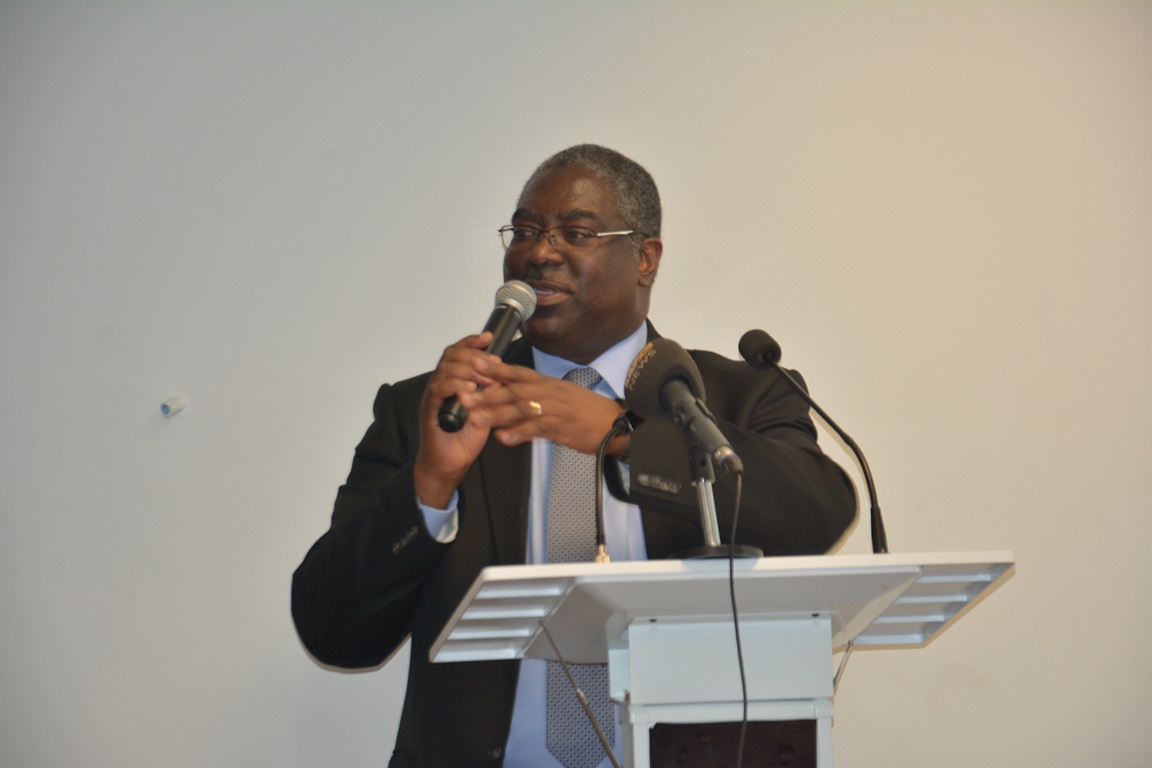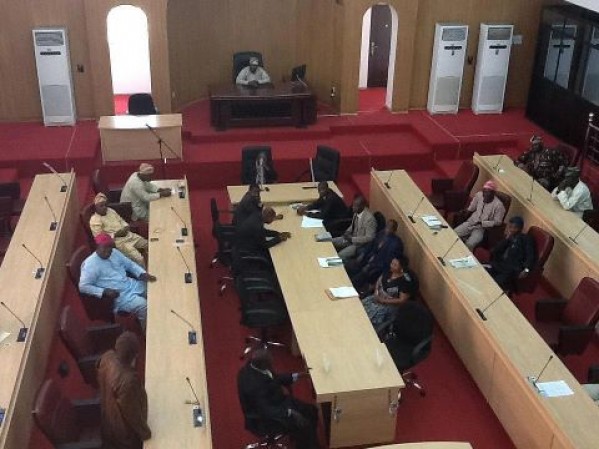Babatunde Fowler, chairman of the Federal Inland Revenue Service (FIRS), says state tax authorities have added 3,414,496 million new taxpayers to the national tax register in six months.
Speaking at the Transcorp Hilton in Abuja on Monday during the 136th meeting of the Joint Tax Board, Fowler revealed that the addition brings the total number of individual taxpayers in the country to 13.4 million.
Kano state led the new taxpayer roll with about one million taxpayers (944, 376). Lagos followed with 320,000 new taxpayers. Plateau state was third with 296,910, while Kaduna added 235,812 new tax paying men and women within the period.
Zamfara state is fifth on the list of new taxpayers’ table with 136,773.
Advertisement
Fowler noted that though the new 3.4 million roll of new taxpayers is cheery news, it is still a far cry of tax to Gross Domestic Product (GDP) ratio of 30 per cent, which is the average in most developed countries.
At the event, the FIRS Chairman, Hameed Ali, comptroller-general of the Nigeria Customs Service; Boboye Oyeyemi, corps marshal of the Federal Road Safety Commission; and Mohammed Babandede, comptroller- general of Nigeria Immigration Service, discussed how robust inter-agency cooperation could enhance tax compliance and optimize revenue collection.
The chief executive officers of the four agencies, along with chairmen of the state boards of internal revenue, also came up with fresh ideas on how real-time data sharing, automation of processes and operations by all SBIRs, revenue stakeholders, inter-operability of their databases, could enhance revenue generation and assist Nigeria to bake a bigger revenue cake.
Advertisement
The target of the JTB is to increase the number of individual taxpayers to 20 million, by December 2016.
Fowler, who is also the JTB chairman, noted that about 10 states were already sharing Withholding Tax (WHT) and Value Added Tax (VAT) data with the FIRS under the VAT data automation project.
This, he explained, is made possible by deployment of Information Communication Technology (ICT), equipment and installation of requisite software across the states.
Soon, the JTB Chairman promised, the Taxpayers Identification Number (TIN) cards would be upgraded to hold robust taxpayer data which all State Boards of Internal Revenue (SBIRs), FIRS and authorised stakeholders could query for taxpayer data status.
Advertisement
He also announced that the collaboration between FIRS and the SBIRs was yielding fruits as their teams now conduct joint audits, share information on unremitted taxes and taxpayer education in many states among others.
“I wish to strongly advise that we intensify and renew our focus towards achieving efficient tax system ramifications,” he said.
“Specially, I would like us to increase the level of our engagement with taxpayers of all categories and double our efforts in interaction and exchange of information as tax authorities’.
“If citizens benefit from the goods or dividends of democracy: health, good roads, security, environment to do business; they must be encouraged to contribute to the commonwealth by paying their taxes.
Advertisement
“States cannot be said to have succeeded or to be working, if the FIRS is not succeeding or is not working. In the same vein, FIRS cannot be said to be succeeding, or working, if the state revenue authorities have not succeeded or are not working. We need to continue the drive for more taxpayers at the state and federal levels.”
Advertisement
Add a comment







